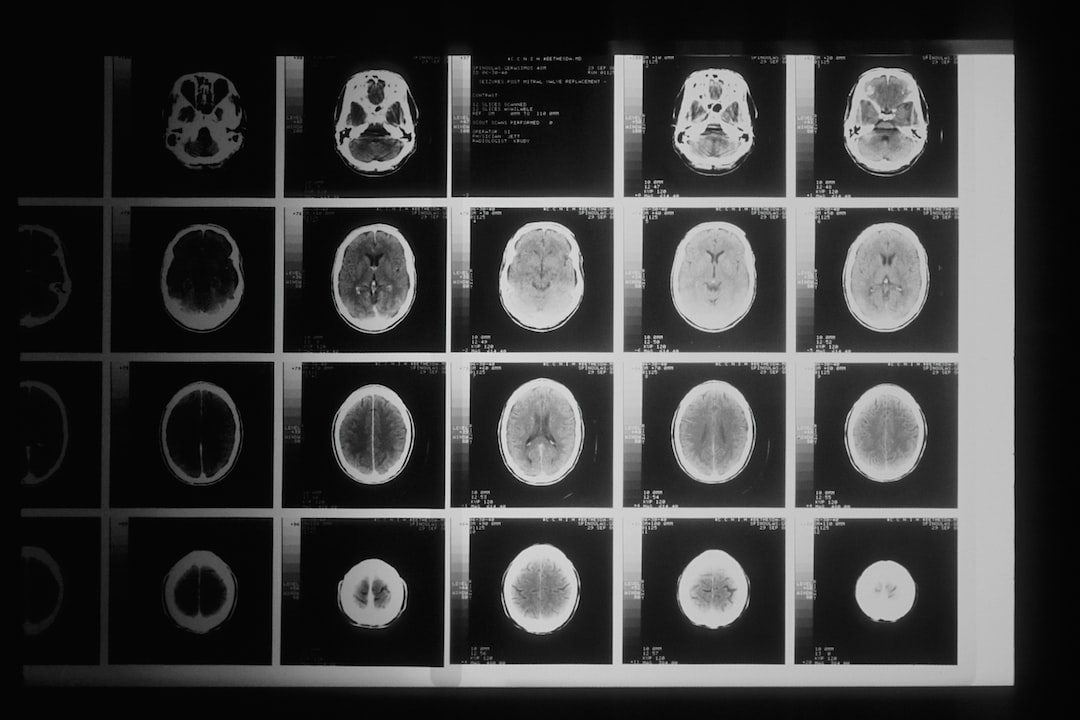Alzheimer’s and Mental Health: Navigating the Emotional Challenges for Patients and Caregivers
Alzheimer’s disease, a neurodegenerative disorder, affects millions of people worldwide and significantly impacts their mental health. As the most common form of dementia, Alzheimer’s not only takes a toll on the affected individual’s memory but also has a profound effect on their emotional well-being. Additionally, caregivers who provide support and care for Alzheimer’s patients also face immense emotional challenges. Understanding and navigating these emotional challenges is crucial for both the patient and caregiver’s mental health.
The field of neurology, specifically specializing in Alzheimer’s disease, plays a vital role in providing knowledge and support to patients and caregivers. Neurologists are medical professionals who diagnose and treat neurological disorders, including Alzheimer’s. With their expertise, they can guide individuals through the emotional challenges associated with Alzheimer’s disease.
For individuals with Alzheimer’s, emotional challenges can manifest in various ways. As the disease progresses, memory loss and cognitive decline may lead to frustration, confusion, and even aggression. Patients may experience significant personality changes, such as irritability, anxiety, and depression. These emotional shifts can be distressing for both the patient and their loved ones, as the individual may struggle to recognize their own emotions or express their needs.
Caregivers, on the other hand, often experience a range of emotions due to the demanding nature of their role. Witnessing the deterioration of a loved one’s mental capabilities can be emotionally devastating. They may feel overwhelmed, anxious, and sometimes experience feelings of guilt or resentment. Moreover, the constant stress and lack of personal time can take a toll on the caregiver’s mental health, leading to symptoms of depression and anxiety.
Neurology professionals can provide valuable assistance in navigating these emotional challenges. Recognizing the multidimensional aspects of Alzheimer’s and mental health, neurologists can recommend tailored treatment plans that address both the cognitive and emotional symptoms. They can prescribe medications to manage anxiety or depression and refer patients to mental health professionals for therapy sessions focused on coping strategies and emotional support.
Furthermore, neurologists can offer guidance and resources for caregivers to manage their own mental health. They can suggest support groups or counseling services specifically designed for individuals caring for Alzheimer’s patients. These interventions create a support network where caregivers can share their experiences, seek advice, and find solace in the knowledge that they are not alone in their struggles.
In conclusion, Alzheimer’s disease not only affects cognitive functions but also significantly impacts the mental health of patients and caregivers. Neurology professionals specializing in Alzheimer’s play a crucial role in navigating the emotional challenges associated with the disease. By providing comprehensive treatment plans, psychological support, and resources, neurologists empower patients and caregivers to effectively manage the emotional aspects of Alzheimer’s. Ultimately, fostering mental well-being is essential for both patients and caregivers to navigate the challenges posed by this neurodegenerative disorder.
Publisher Details:
HOME | Evren Health
https://www.evrenhealth.com/
Expert neurological care in Fort Lauderdale & Hollywood, FL, accepting all major insurance plans. We offer comprehensive care for conditions like migraines, seizures, Alzheimer’s, Multiple Sclerosis, and more. Board-certified neurologists, advanced diagnostics, personalized treatment plans. Find relief and get back to living your life. Schedule an appointment today!


